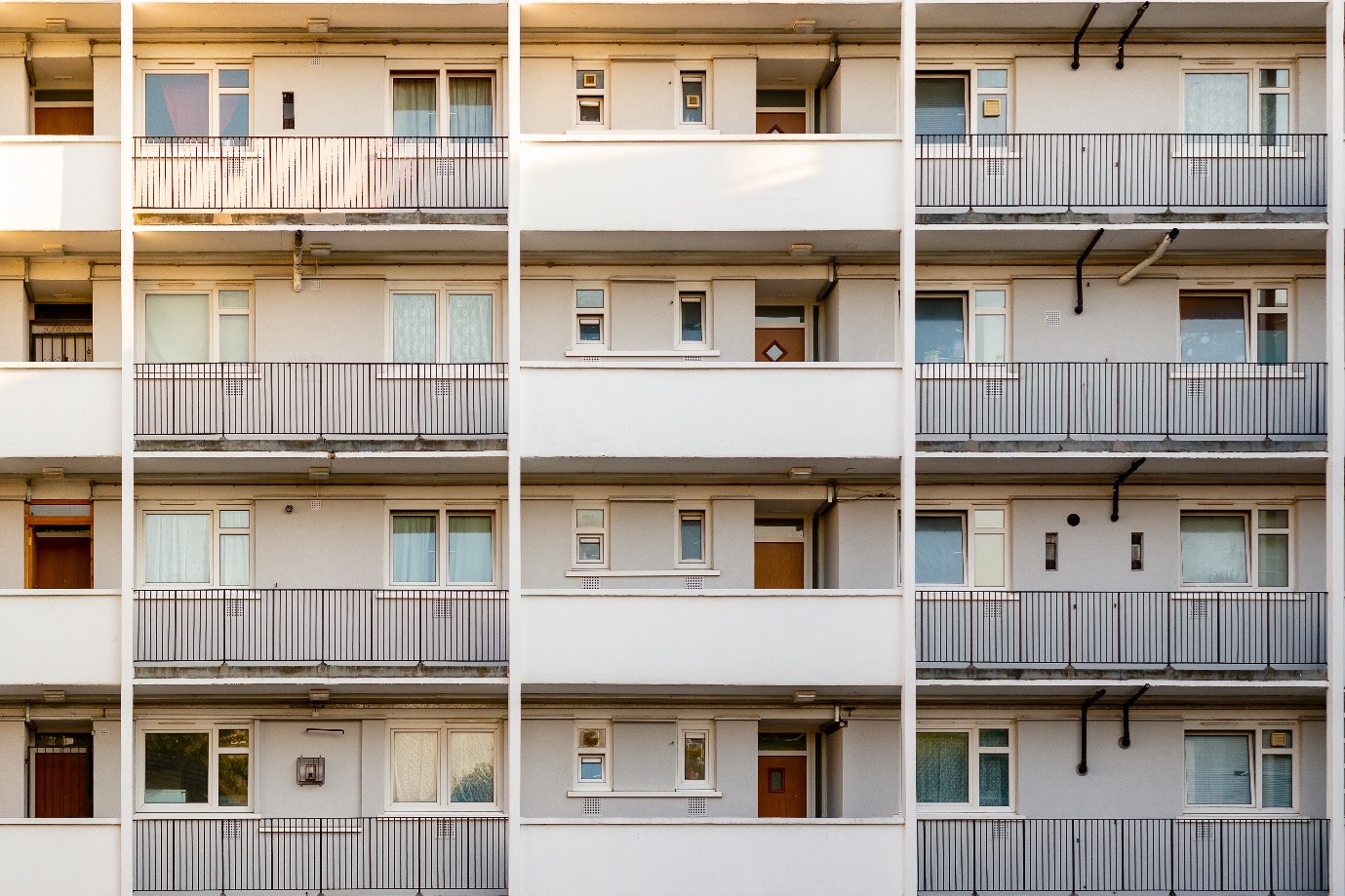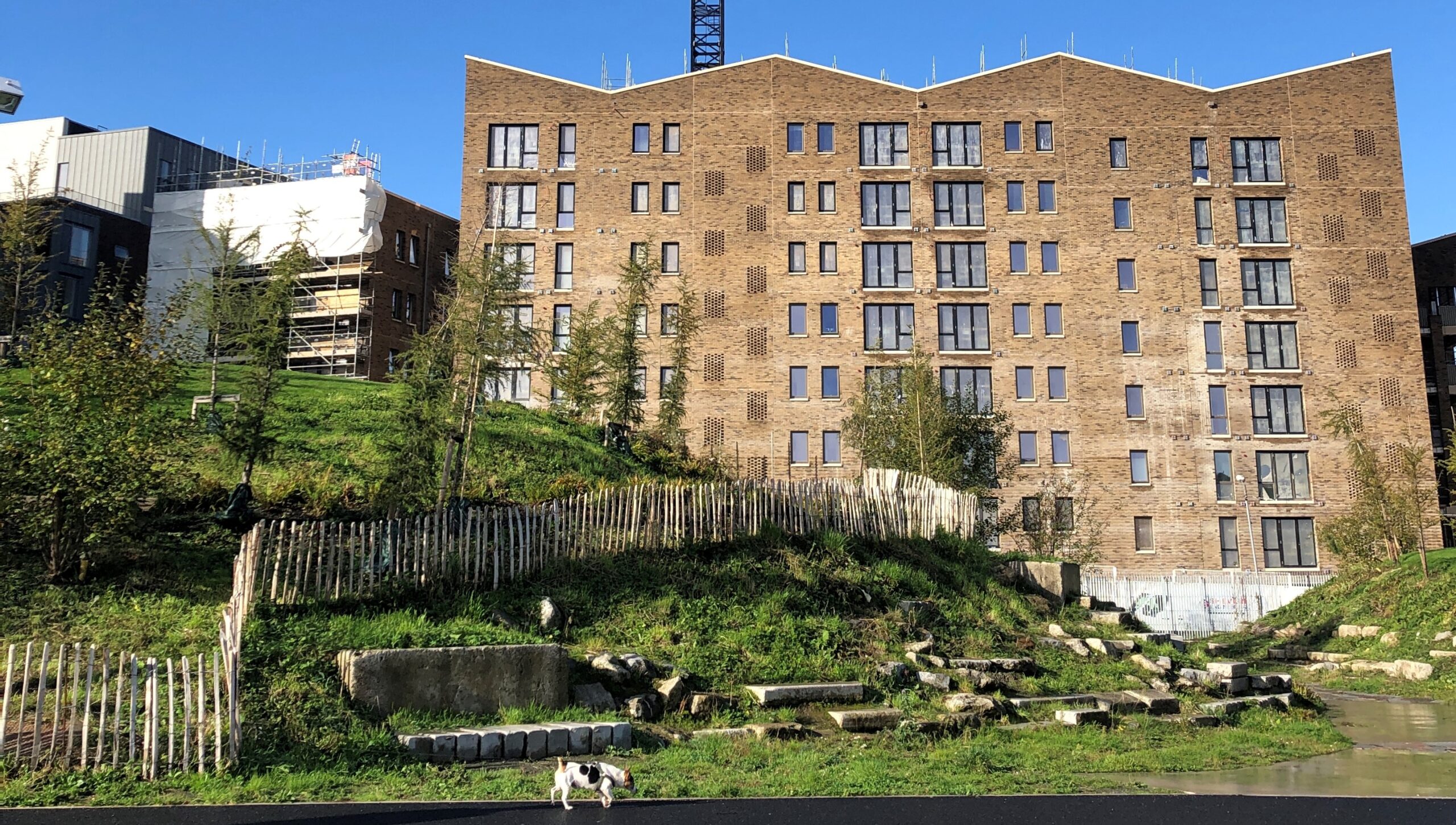
Ireland in Crisis – How Can Intelligent People Be So Stupid
Views from Above and Below Ireland is at a crossroads, indeed it is in crisis. But the cause of the crisis is not some external agency or force. The cause of the crisis is within. There are two ways of looking at Ireland’s economic fortunes. There is a view from the top and a view… Read more »










